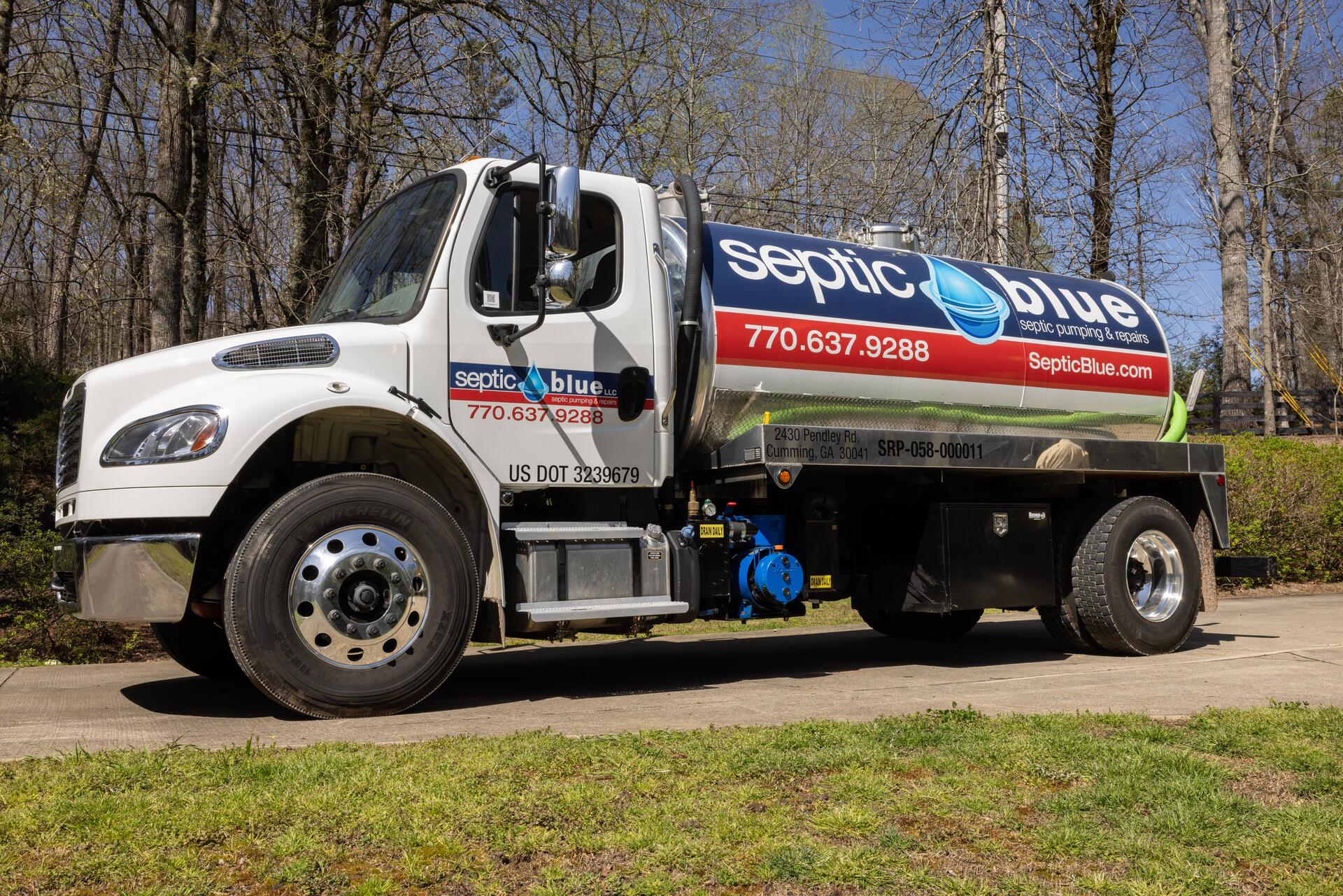If you smell sewage, it's a sign of a potential septic system problem, such as a blockage, full tank, or broken pipe. Reduce water use immediately and contact a septic service professional for an inspection and repair. Taking care of the issue quickly can prevent more serious health hazards and property damage.
WE NOT ONLY PUMP YOUR TANK - WE CLEAN IT! Up to 36 Months Financing Available
Call Septic Blue Now 813-355-9188
It's Easier Schedule Online




